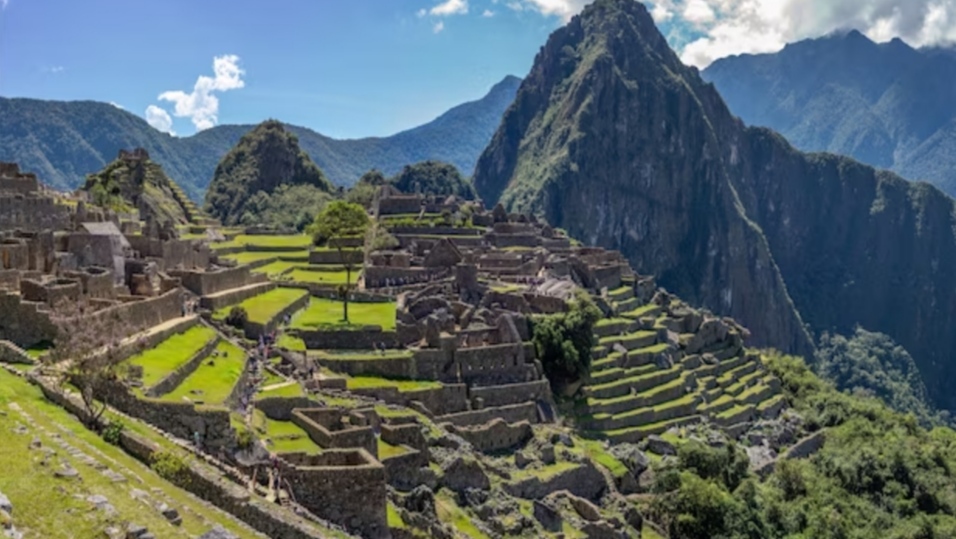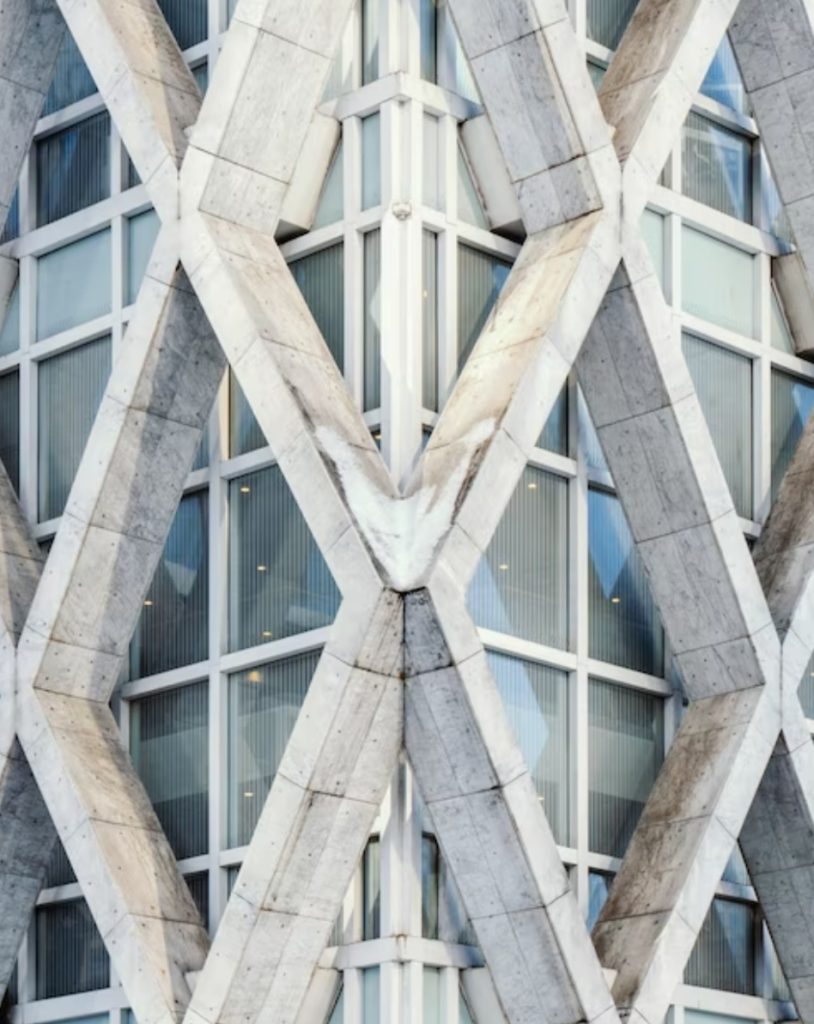Table of Contents

Wonders of the world Machu Picchu, one of the most iconic historical sites in the world, is located in the Andes highlands, Peru. The Miraculous Machu Picchu.This ancient Inca city, often referred to as the “Lost City of the Incas”, has become a symbol of human achievement, resilience and architectural brilliance.As a UNESCO World Heritage Site and one of the New Seven Wonders of the World, wonders of the world Machu Picchu attract millions of tourists every year. This article dives deeper into wonders of the world machu picchu this amazing place.
the wonders of the world Machu Picchu

The Beauty of the World of Machu Picchu, which translates to “Old Peak” in Quechua, was built in the 15th century under the leadership of the Inca emperor Pachacuti. Historians believe that it served as a royal estate or a religious site. However, its true purpose remains shrouded in mystery, adding to the allure and intrigue of the place.
By the time the Spanish conquistadors arrived in Peru in the 16th century, Machu Picchu was abandoned and remained largely unknown to the outside world until its rediscovery in 1911 by American historian and explorer Hiram Bingham.
Architectural Marvels

The Intihuatana Stone
One of the most important ritual stones in South America, the Intihuatana stone is an impressive piece of Incan engineering. It’s believed that the stone was used as an astronomical calendar or a ritual stone, though its exact purpose is still debated.
Room of the Three Windows
This structure provides a glimpse into Incan mythology. Representing the Incan creation myth, the three windows are said to signify the three mythological caves from which the Ayar brothers, the founders of the Incan Empire, emerged.
Temple of the Sun
Historical Heritage of Machu Picchu Built using the finest stone, the Temple of the Sun showcases the unrivaled craftsmanship of the Incas. It is said that this temple was used for ceremonies to worship the sun god, Inti.
Natural Beauty Surrounding Machu Picchu
Apart from its historical and architectural marvels, Wonders of the World Machu Picchu is set against the backdrop of the lush Urubamba Valley, offering stunning views.The biodiversity here is equally remarkable, with various species of orchids, birds, and butterflies found within its vicinity.
Visiting Machu Picchu
When planning a trip to Machu Picchu, consider the following:
- Best Time to Visit: May to September is considered the dry season and is the most popular time to visit. However, visiting during the shoulder months, like April and October, can offer fewer crowds.
- Access: The nearest town to Machu Picchu is Aguas Calientes. From here, you can take a bus or hike to the site.
- Altitude: Machu Picchu sits at an altitude of 2,430 meters. It’s advisable to acclimatize in Cusco or another high-altitude area before your visit.
Table: Essential Information for Travelers
| Aspect | Details |
| Location | Andes Mountains, Peru |
| Elevation | 2,430 meters |
| Nearest Town | Aguas Calientes |
| Entrance Fee | Varies depending on package |
| Best Time to Visit | May to September |
| Noteworthy Attractions | Intihuatana Stone, Room of the Three Windows, Temple of the Sun |
Table of Contents
- Historical Overview
- The Architecture and Layout
- The Spiritual Significance
- How to Get There
- Best Time to Visit
- Tips for Visitors
- FAQ
- Conclusion
1. Historical Overview
Often mistakenly referred to as the “Lost City of the Incas”, Machu Picchu was never truly lost. While the Spanish conquistadors left no records of having known about the site during their invasion, the indigenous Quechua farmers in the region were aware of its existence. The site’s broader recognition only came in 1911 when American historian and explorer, Hiram Bingham, publicized his discovery.
Believed to have been built in the mid-15th century by the Incan emperor Pachacuti as a royal estate, the city flourished for nearly a century before it was abandoned during the Spanish Conquest.
2. The Architecture and Layout
Machu Picchu showcases the ingenuity of the Incan civilization. Using a technique called dry stone construction, huge blocks of stone were cut to fit together perfectly without the use of mortar. Over time, this technique has proven to be earthquake resistant, a necessity in the seismic region of the Andes.
The city is divided into two main areas:
- The Agricultural Sector: Terraced fields that cascade down the mountainside, once used for growing maize and potatoes.
- The Urban Sector: This consists of temples, plazas, and royal residences. Notable structures include the Room of the Three Windows, the Intihuatana stone (a ritual stone), and the Temple of the Sun.
3. The Spiritual Significance
Though the exact purpose of Machu Picchu remains a topic of scholarly debate, its spiritual significance is undeniable. The alignment of key architectural structures with celestial bodies suggests that the site had astronomical importance. Additionally, the presence of temples and religious artifacts point towards its use as a ceremonial center.
4. How to Get There
The journey to Machu Picchu is an adventure in itself:
- Train: The most common route is to take a train from Cusco or Ollantaytambo to Aguas Calientes, the town at the base of Machu Picchu.
- Trek: The 4-day Inca Trail is the most famous trek, allowing travelers to walk in the footsteps of the ancient Incas.
5. Best Time to Visit
The dry season (May to September) is the ideal time to visit. However, it’s also the busiest. If you don’t mind occasional rain and prefer fewer crowds, consider going during the shoulder months of April or October.
6. Tips for Visitors
- Buy tickets in advance: The number of daily visitors is limited.
- Stay hydrated and wear comfortable shoes: The site is expansive and requires walking.
- Respect the site: Refrain from touching ancient structures or leaving trash.
FAQ
Q: How high is Machu Picchu?
A: Machu Picchu is at an altitude of 2,430 meters (7,970 feet) above sea level.
Q: Is altitude sickness a concern?
A: It can be for some visitors. It’s advisable to spend a few days in Cusco (which is even higher than Machu Picchu) to acclimatize.
Q: Are there facilities on site?
A: There are restrooms and a cafe outside the entrance, but nothing within the archaeological site itself.
Q: Can I stay overnight?
A: Not at the site. However, Aguas Calientes has various accommodation options.
Conclusion
Machu Picchu is more than just an archaeological site; it’s a testament to the prowess and vision of an ancient civilization. Its majestic setting, profound history, and architectural mastery make it a must-visit for anyone interested in exploring the marvels of our world. Whether you’re seeking adventure, history, or spiritual insight, Machu Picchu promises an unforgettable experience.

